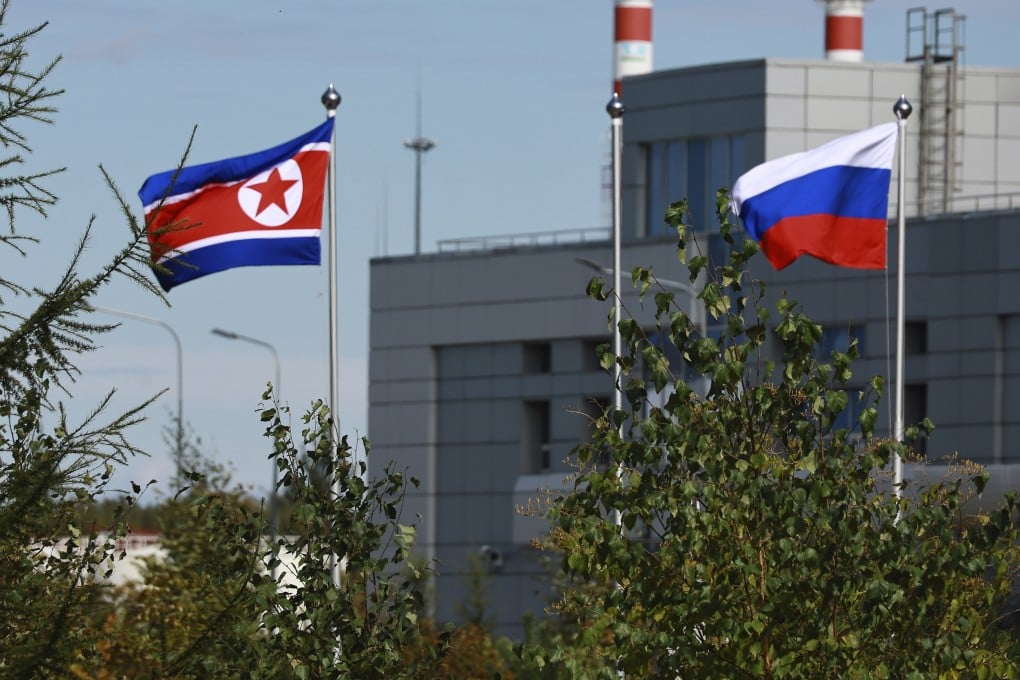Flourishing Russia ties help revive North Korea’s ‘paradise’ special economic zone
- The Rason Special Economic Zone was a dream destination for North Koreans before sanctions and pandemic border closings choked off trade and tourism
- From Rason’s port, North Korea has sent Russia an estimated 2,000 containers suspected of carrying artillery shells, and possibly short-range missiles

In recent months, there have been clear signs that the area is poised for a comeback, with ships docking there for the first time since 2018, and satellite imagery suggesting a spike in trade from both the port and a rail line to Russia.

Although China – with its vastly larger economy and deeper historic ties with North Korea – might seem the obvious driver of a recovery in Rason, experts say the country’s deepening cooperation with Russia may make a more immediate impact.
Russia can also sell coal, oil, and flour through Rason, Jeong said, and if more North Korean workers are allowed to cross the border, they can send Russian medicine and other goods home for relatives to sell.
The Russian Federal Customs Service said it had “temporarily suspended the publication of foreign trade statistics”.